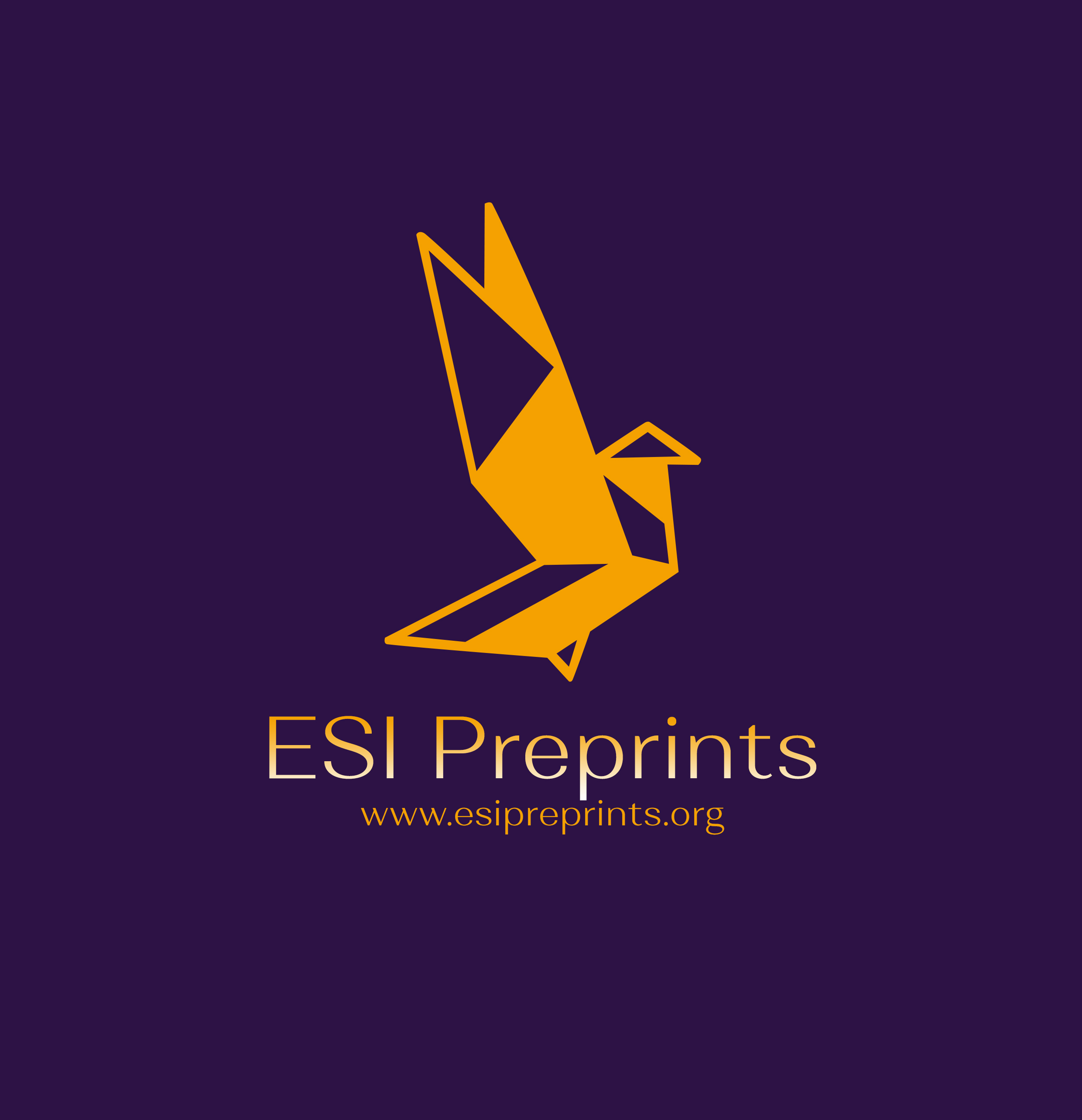Enhancing Drug Delivery Precision: Development and Optimization of Nanoparticle-Based Formulations for Targeted Therapy in Preclinical Models
Abstract
In recent years, the utilization of nanoparticles has proliferated across a wide spectrum of clinical domains. Nanoparticles have been engineered to surmount the constraints associated with free therapeutics and negotiate biological barriers—systemic, microenvironmental, and cellular—that exhibit heterogeneity across diverse patient cohorts and diseases. Mitigating this patient heterogeneity has also been facilitated through precision therapeutics, where tailored interventions have augmented therapeutic effectiveness. Nonetheless, current nanoparticle development predominantly emphasizes the refinement of delivery platforms with a uniform approach. As lipid-based, polymeric, and inorganic nanoparticles undergo increasingly nuanced engineering, there arises the potential for tailoring them to drug delivery in a more personalized manner, ushering in the era of precision medicine. In this Review, we deliberate on sophisticated nanoparticle designs employed in both generalized and precision applications, offering insights into their potential for enhancing precision therapies. We concentrate on advancements in nanoparticle design that surmount heterogeneous barriers to delivery, positing that intelligent nanoparticle design can enhance efficacy in broad delivery applications while facilitating customized designs for precision applications, thereby ultimately enhancing overall patient outcomes.
Downloads
References
2. Kou, L. et al. Transporter-guided delivery of nanoparticles to improve drug permeation across cellular barriers and drug exposure to selective cell types. Front. Pharmacol. 9, 1–16 (2018).
3. Blanco, E., Shen, H. & Ferrari, M. Principles of nanoparticle design for overcoming biological barriers to drug delivery. Nat. Biotechnol. 33, 941–951 (2015)
4. Mitragotri, S. et al. Drug delivery research for the future: expanding the nano horizons and beyond. J. Control. Release 246, 183–184 (2017)
5. Wechsler, M. E., Vela Ramirez, J. E. & Peppas, N. A. 110th anniversary: nanoparticle mediated drug delivery for the treatment of Alzheimer’s disease: crossing the blood–brain barrier. Ind. Eng. Chem. Res(2019)
6. Hua, S., de Matos, M. B. C., Metselaar, J. M. & Storm, G. Current trends and challenges in the clinical translation of nanoparticulate nanomedicines: pathways for translational development and commercialization. Front. Pharmacol. 9, 790 (2018
7. Anselmo, A. C. & Mitragotri, S. Nanoparticles in the clinic: an update. Bioeng. Transl. Med. 4, 1–16 (2019). This review comprehensively examines recent NP systems that are currently clinically approved or under clinical trials.
8. Wagner, A. M., Gran, M. P. & Peppas, N. A. Designing the new generation of intelligent biocompatible carriers for protein and peptide delivery. Acta Pharm. Sin. B 8, 147–164 (2018)
9. Culver, H. R., Clegg, J. R. & Peppas, N. A. Analyte-responsive hydrogels: intelligent materials for biosensing and drug delivery. Acc. Chem. Res. 50, 170–178 (2017
10. Clegg, J. R. et al. Synthetic networks with tunable responsiveness, biodegradation, and molecular recognition for precision medicine applications. Sci. Adv. 5, eaax7946 (2019).
11. Cheng, Q. et al. Selective organ targeting (SORT) nanoparticles for tissue-specific mRNA delivery and CRISPR–Cas gene editing. Nat. Nanotechnol. 15, 313–320 (2020
12. Knight, F. C. et al. Mucosal immunization with a pH-responsive nanoparticle vaccine induces protective CD8+ lung-resident memory T cells. ACS Nano 2019
Copyright (c) 2024 Mehrasa Nikandish, Mohamad Nikandish

This work is licensed under a Creative Commons Attribution 4.0 International License.








